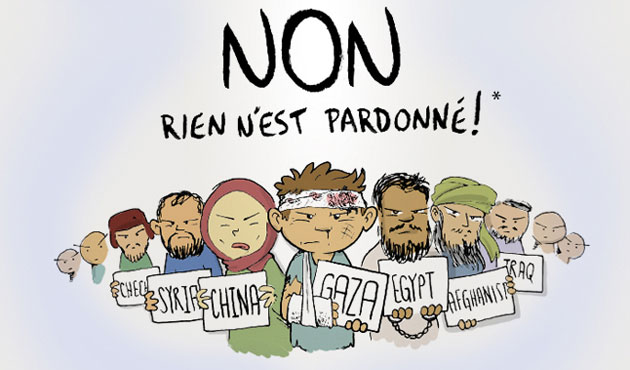The modern industry loves to romanticise unhealthy trends and tendencies. Rape culture is now becoming more noticeable in media and advertisements.
The advertisement on the left is made by American Apparel, a North American clothing manufacturer. The image clearly shows the idea of male dominance. The picture on the right is a part of BURO KAZAKHSTANxH&M collaboration. The idea of murders in the ’70s is being romanticised.
Advertisements are aimed at attracting the target audience, in order to raise the sales or popularity of a product. Ads above include sexual objectification and trivializing rape. As a result of this, people form an incorrect opinion about victims of sexual assault and the relevance of the issue of rape is being reduced. For instance, the ad from American Apparel clearly shows the ignorance and attitude towards the issue of sexual harassment. Sexual objectification used in this commercial may seriously affect people and even normalize sexual violence.
Any sort of crime should not be justified. According to the book ‘Becoming Unbecoming’, “Blaming the victim is an act of refuge and self-deception”. Should advertisements go through moderation, in order to remove inappropriate elements?


